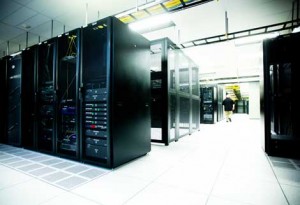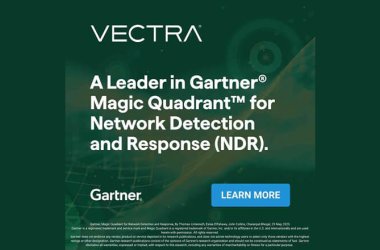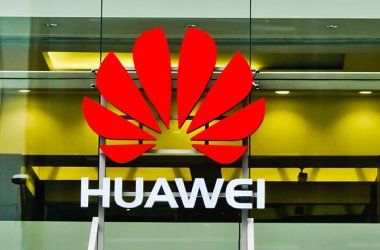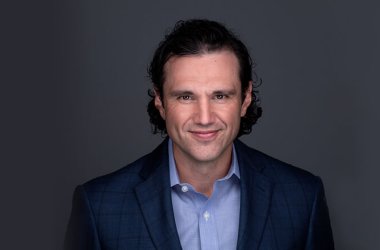 Can the old guard in business continuity and disaster-recovery services thrive in an era when the companies are looking at new ways to process business data?
Can the old guard in business continuity and disaster-recovery services thrive in an era when the companies are looking at new ways to process business data?
SunGard Data Systems, with decades of experience in availability services, is feeling the pinch as some business clientele move data to the cloud. But SunGard says it’s pushing forward with innovations that are making it a public cloud provider as well with the kind of application availability it says will be hard to match elsewhere.
By the end of year, SunGard intends to open its own infrastructure-as-a-service (IaaS) for business customers in North America to run production workloads in the cloud with full disaster-recovery, says Simon Withers, vice president of global cloud products at SunGard Availability Services. The exact location where this is expected to be will be announced soon, but the new facility will be closely modeled on the first SunGard facility of this kind built in Dublin, Ireland. “It’s a true multi-tenancy utility supported by the Apache Foundation CloudStack, Xen and VMware,” says Withers.
It’s intended to serve the type of clientele, such as financial services, that have been traditional SunGard customers that simply cannot lose application availability no matter what.
“From the disaster-recovery perspective, customers are moving their production data into the cloud and software-as-a-service environments,” acknowledges Ram Shanmugam, senior director of product management, recovery services at SunGard. To not be left behind, SunGard is expanding its own range of services to be more cloud-like in return.
Today, SunGard operates 40 data centers globally with the software and expertise to support business recovery plans that include complete replication of a corporate computing architecture in the event there’s a disruption of any kind that renders the day-to-day computing unavailable. For instance, SunGard’s “workforce continuity” service makes available a facility of more than 27,000 workstation seats outfitted with necessary network, computing, phone and office equipment.
But the ground is shifting as some business customers opt for a do-it-yourself approach or move production data into cloud services of all kinds. However, there are often unanswered questions about application availability and recovery-time objectives hanging over cloud services, Shanmugam points out. He adds that even if there’s some guarantee about back-up, “that doesn’t guarantee availability.”
Gartner analyst Jay Heiser recently made a similar observation about perceived lack of solid business continuity and disaster-recovery practices by cloud service providers.
However, some SunGard customers are changing with the times and it’s having an impact on SunGard’s bottom line that’s plainly spelled out in its most recent corporate filings at the Securities and Exchange Commission (SEC). SunGard Data Systems, which was acquired in a leveraged buyout in 2005 by Bain Capital Partners, The Blackstone Group, and Goldman Sachs, among other investment firms, is privately held but does make regular SEC filings because of its connection with bond debt.
SunGard’s quarterly earnings statement for the period ending March 31, 2013 showed a 3% drop in revenues from the prior period year period. The availability services unit specifically said “our recovery services revenue has been declining due to customers shifting from traditional backup and recovery solutions to either in-house solutions or disk-based, cloud-based or managed recovery solutions.”
“Some customers, especially among the very largest having significant IT resources, prefer to develop and maintain their own in-house availability solutions, which can result in a loss of revenue from those customers. If this trend continues or worsens, there will be continued pressure on our organic growth rate,” SunGard acknowledges. “Also, cloud-based solutions are also perceived as inherently redundant and highly available. This is a misconception, as high availability is only provided when expressly engineered into a cloud environment.”
In a move to re-invent itself, SunGard has already taken steps to expand its business continuity into more cloud-subscription-oriented offerings, such as its “hosted private cloud” for “Oracle as a Service” and “hosted Cisco UCS” in some of its data center locations, including Philadelphia and Aurora, Colo.
It also has some VMware-oriented managed cloud services based on either multi-tenancy or a dedicated ESX cluster for managed OS, threat and log management and application management in several data centers in the U.S., Canada and the United Kingdom.
Shanmugam adds that SunGard has been working closely with VMware to add SunGard’s own technology to VMware’s Site Recovery Manager software to replicate application data, and it’s the “secret sauce” that allows SunGard to offer VMware-based disaster-recovery services.





